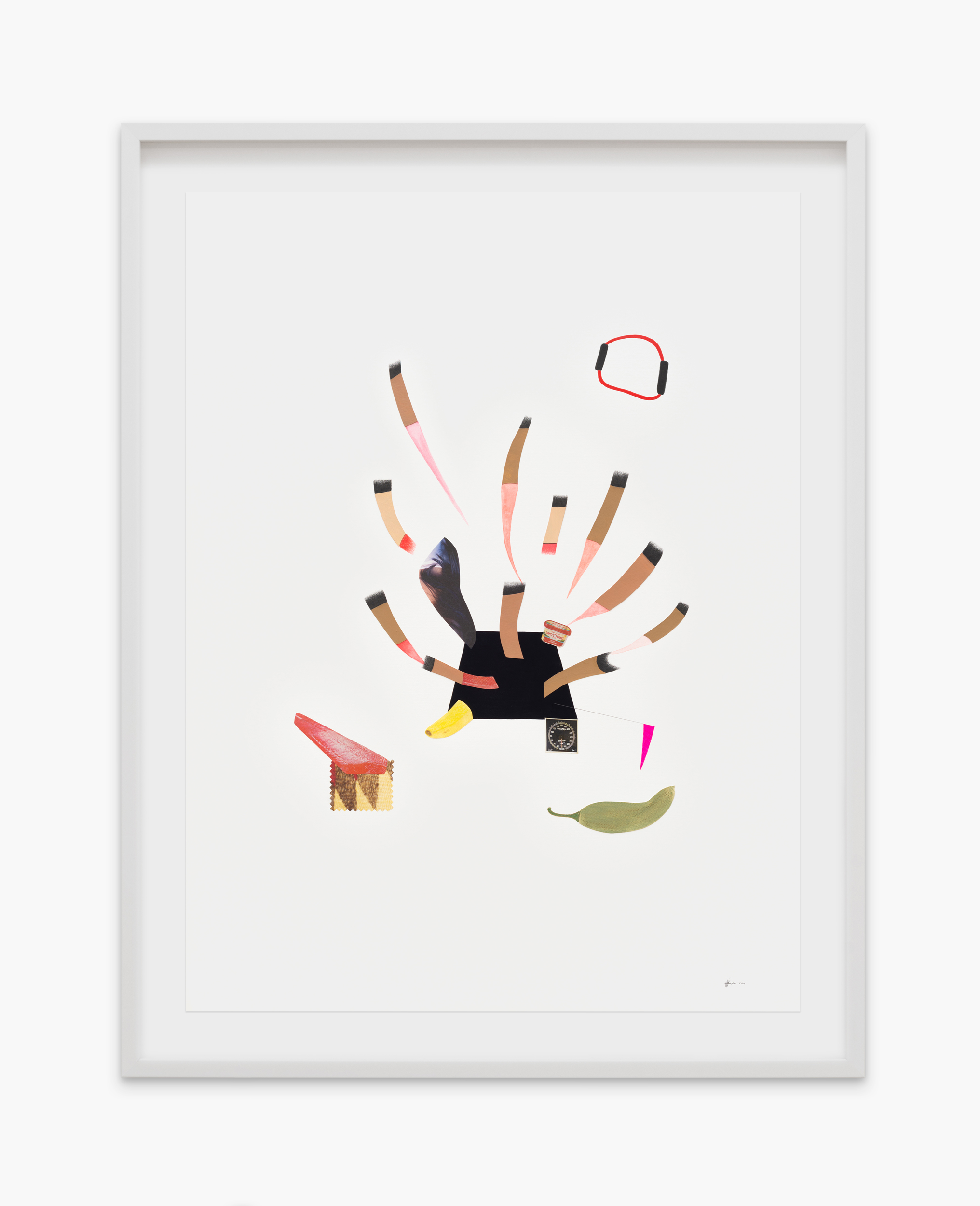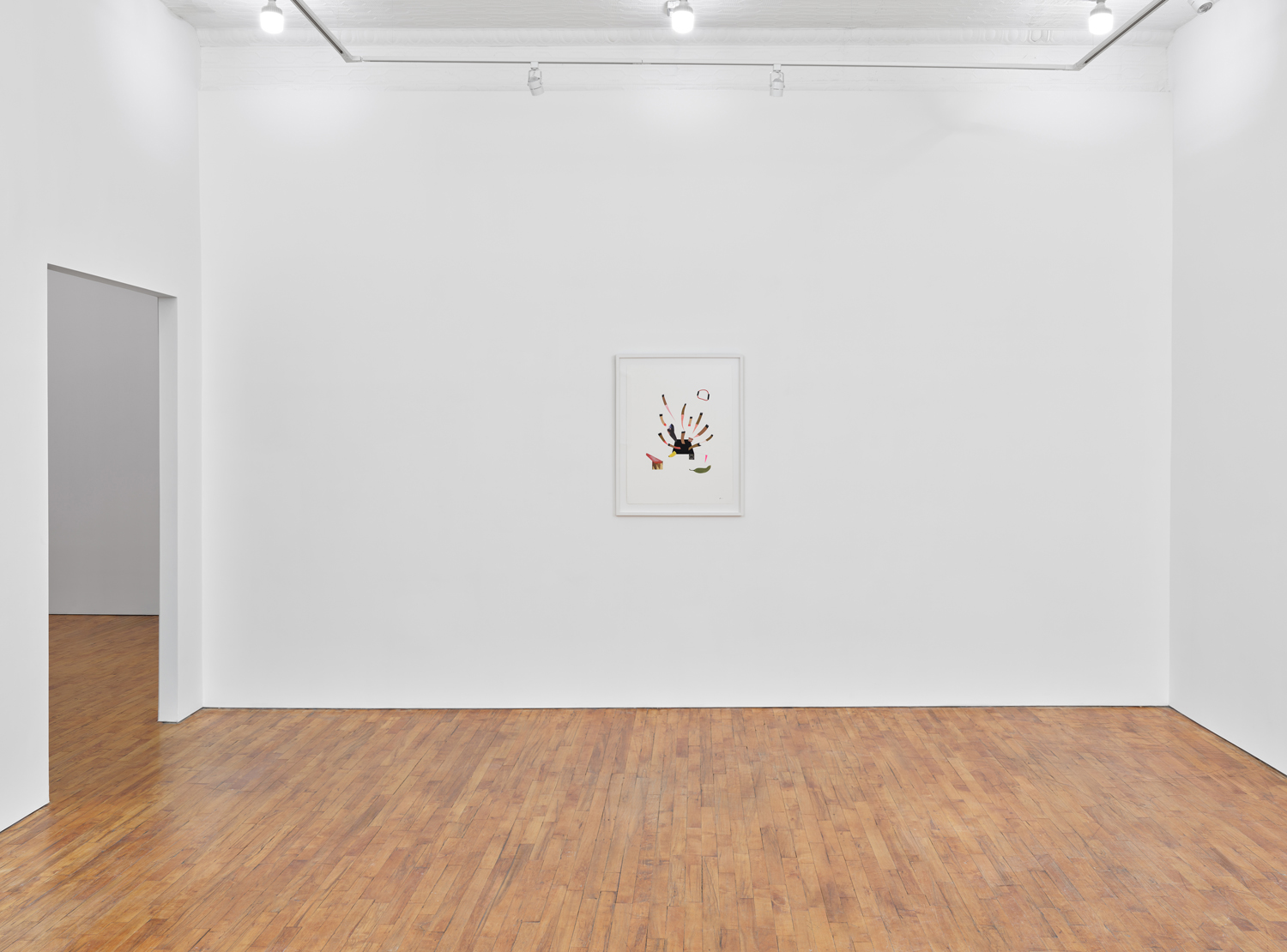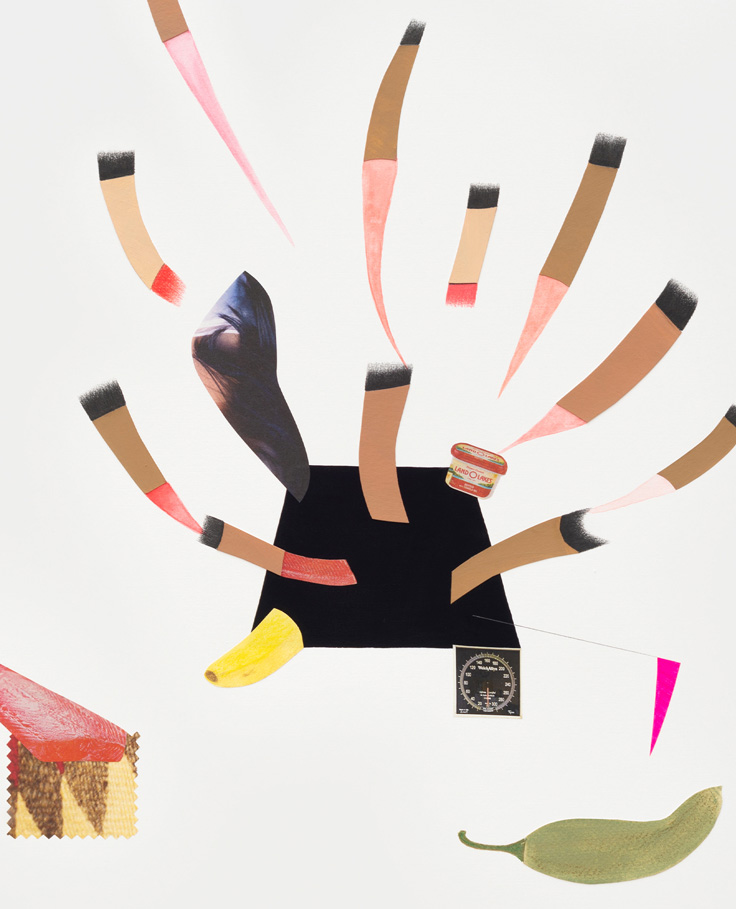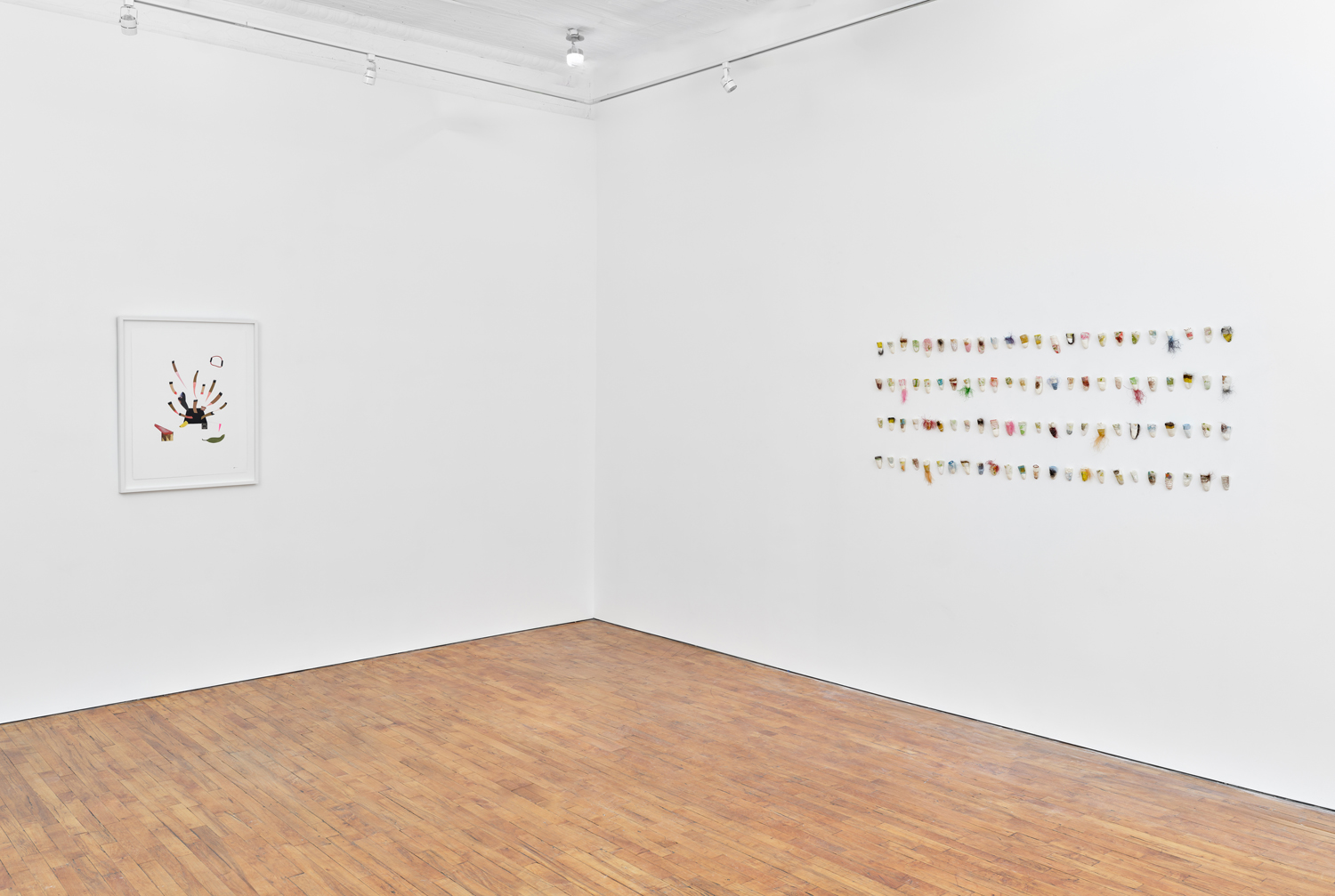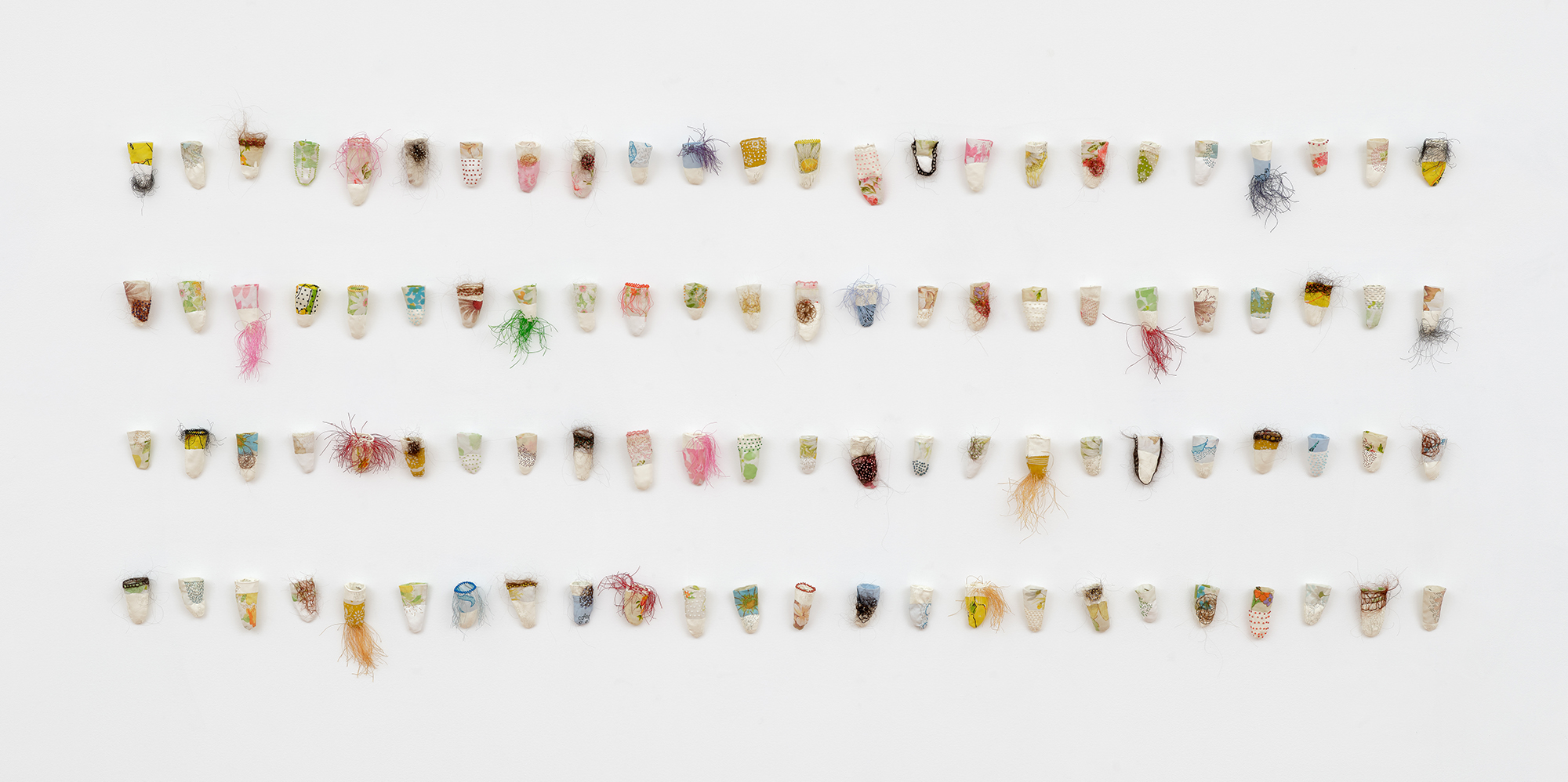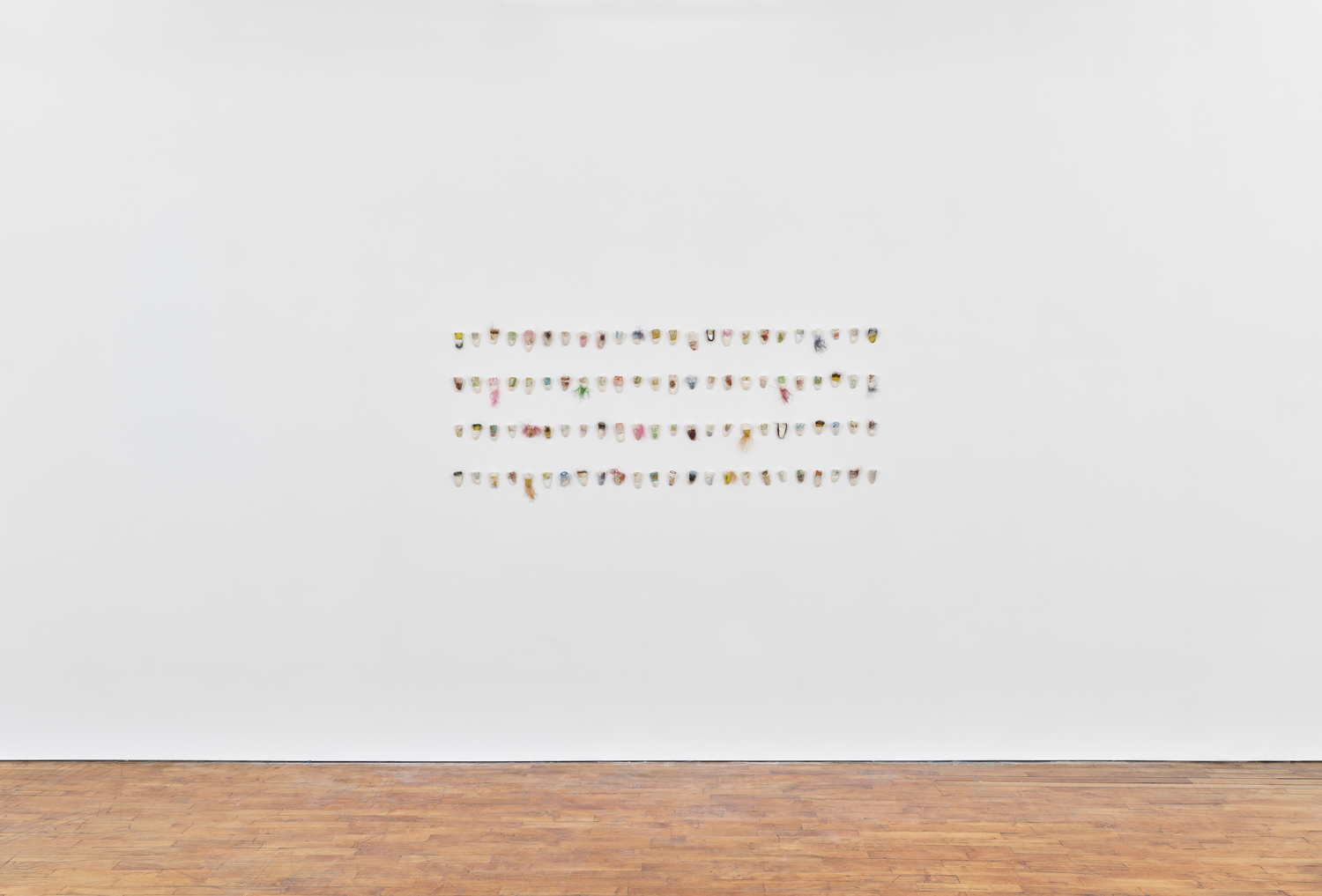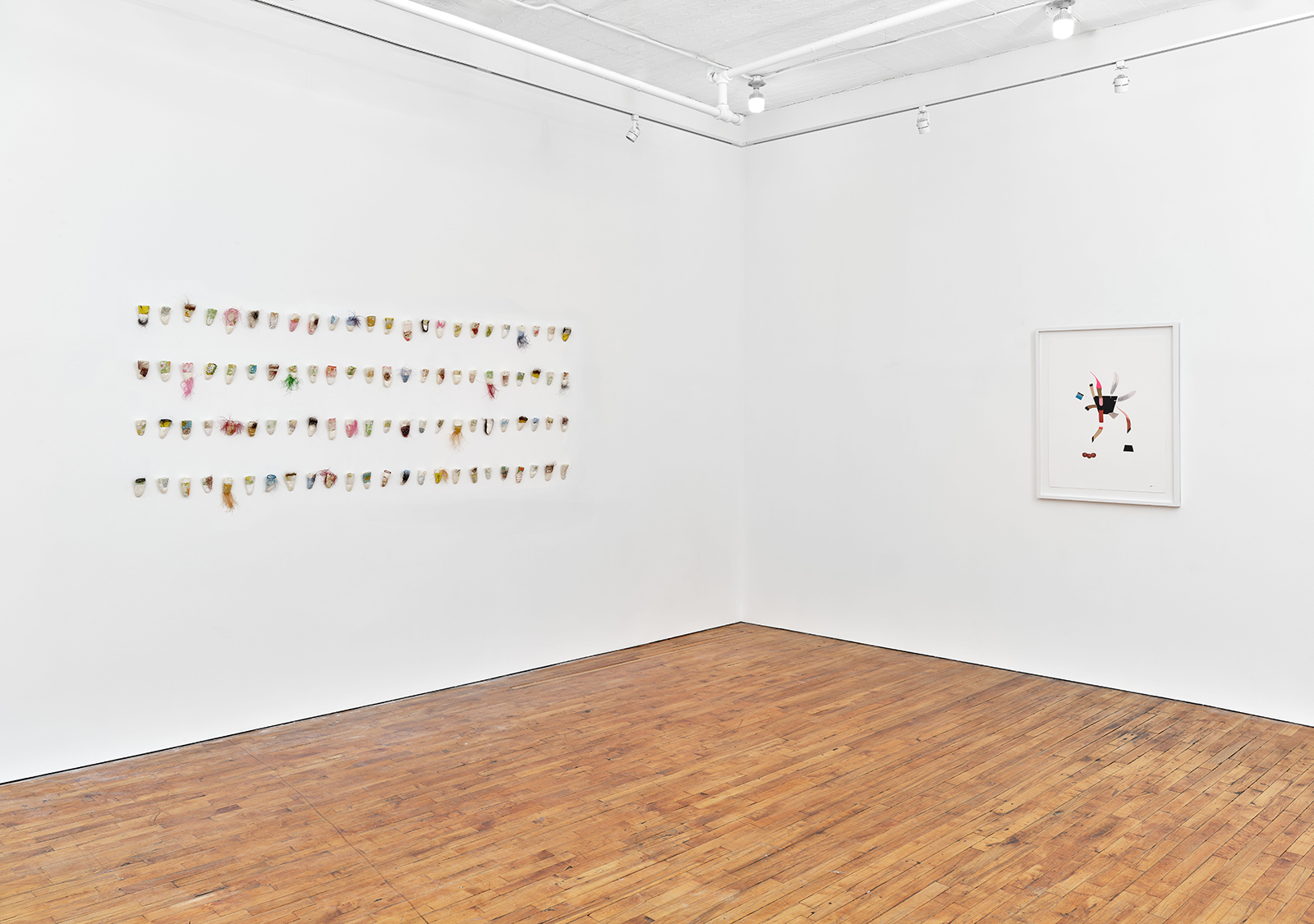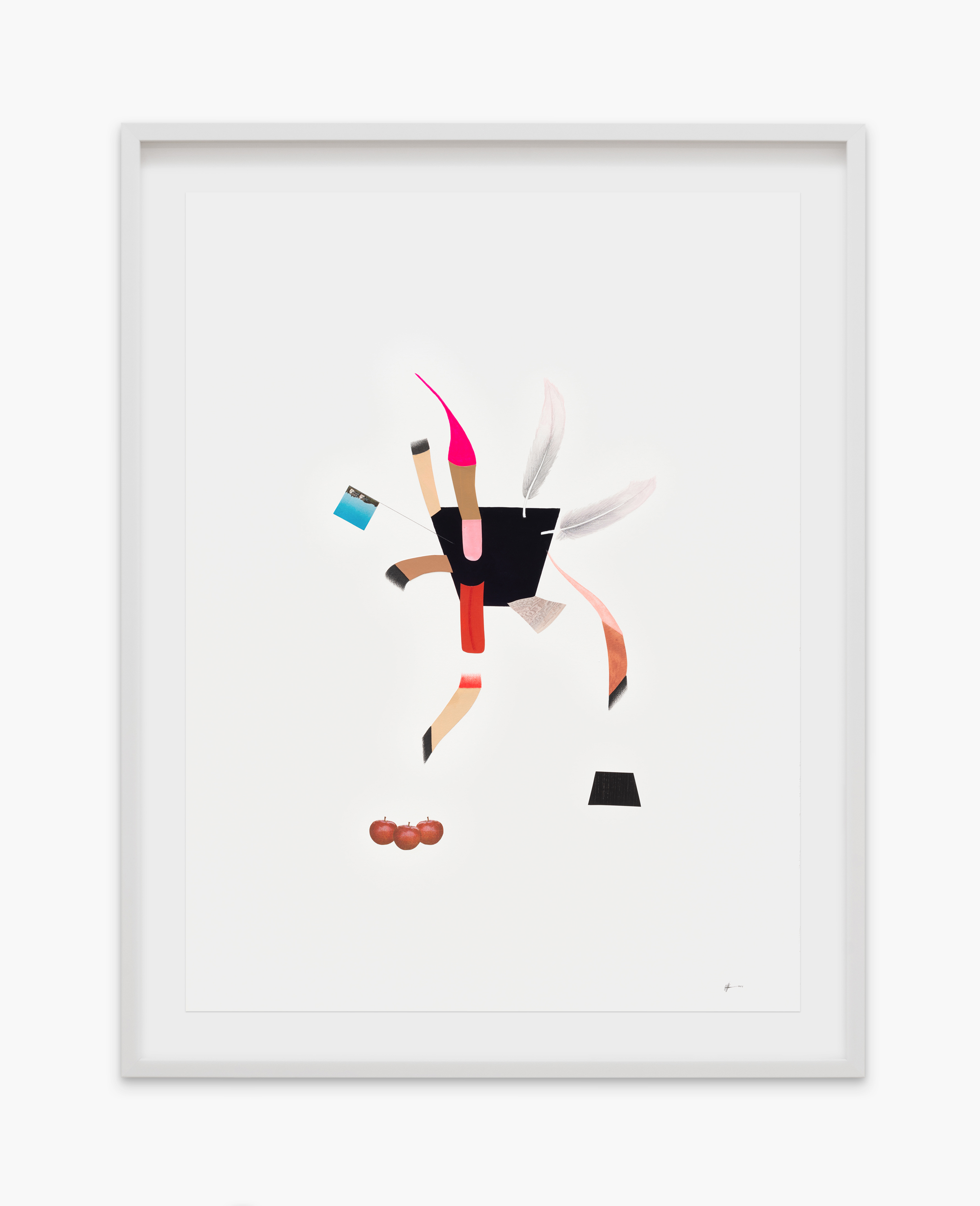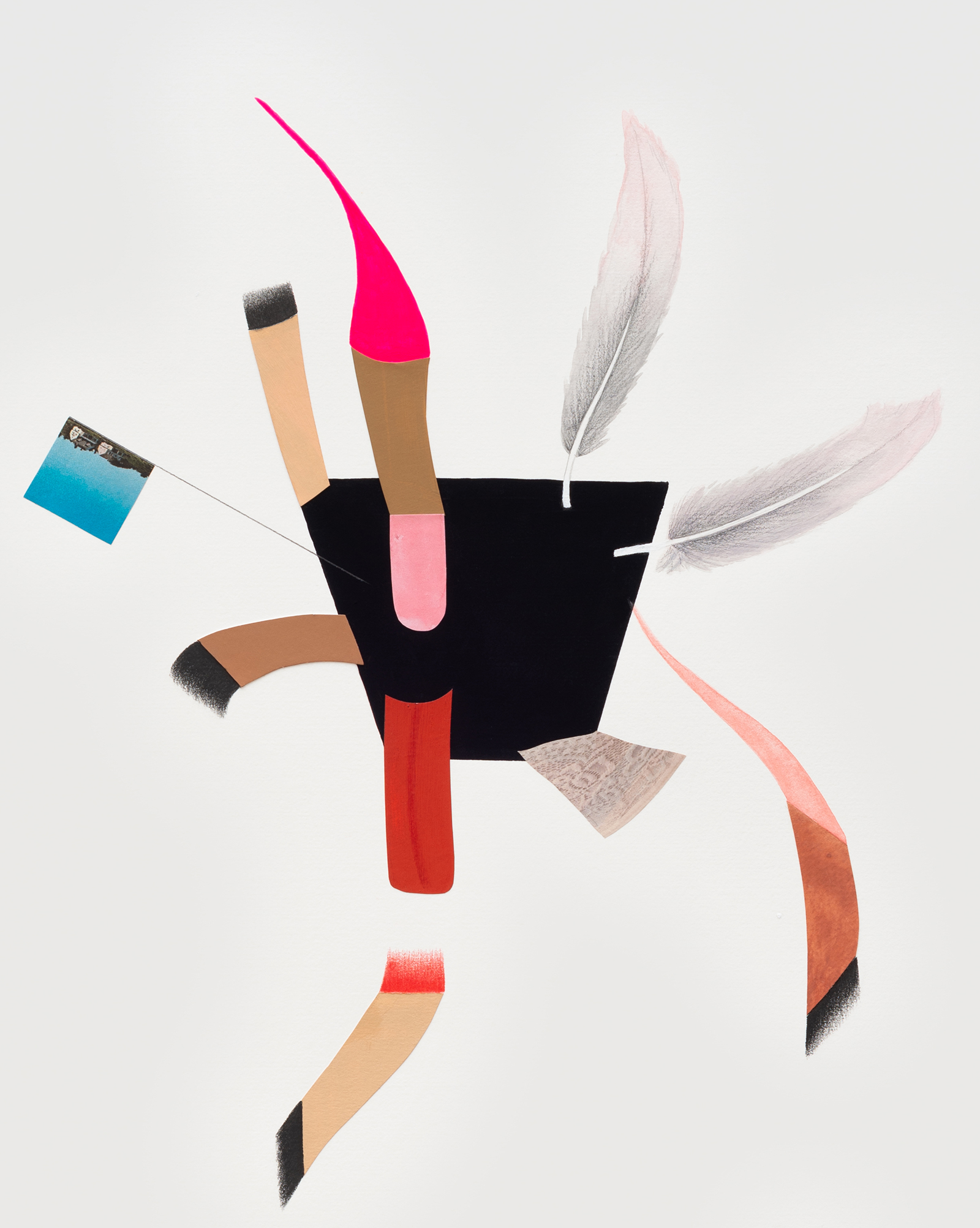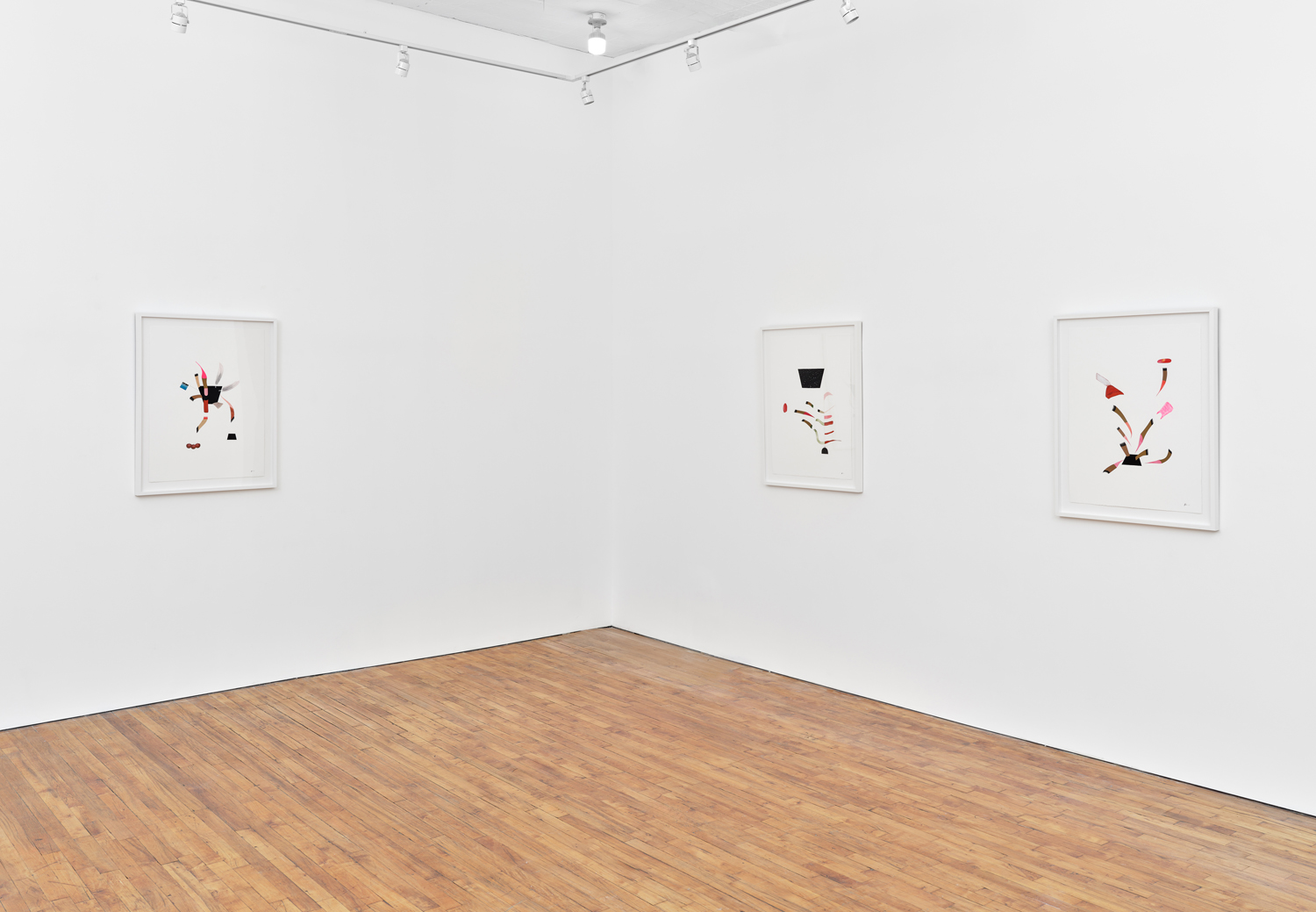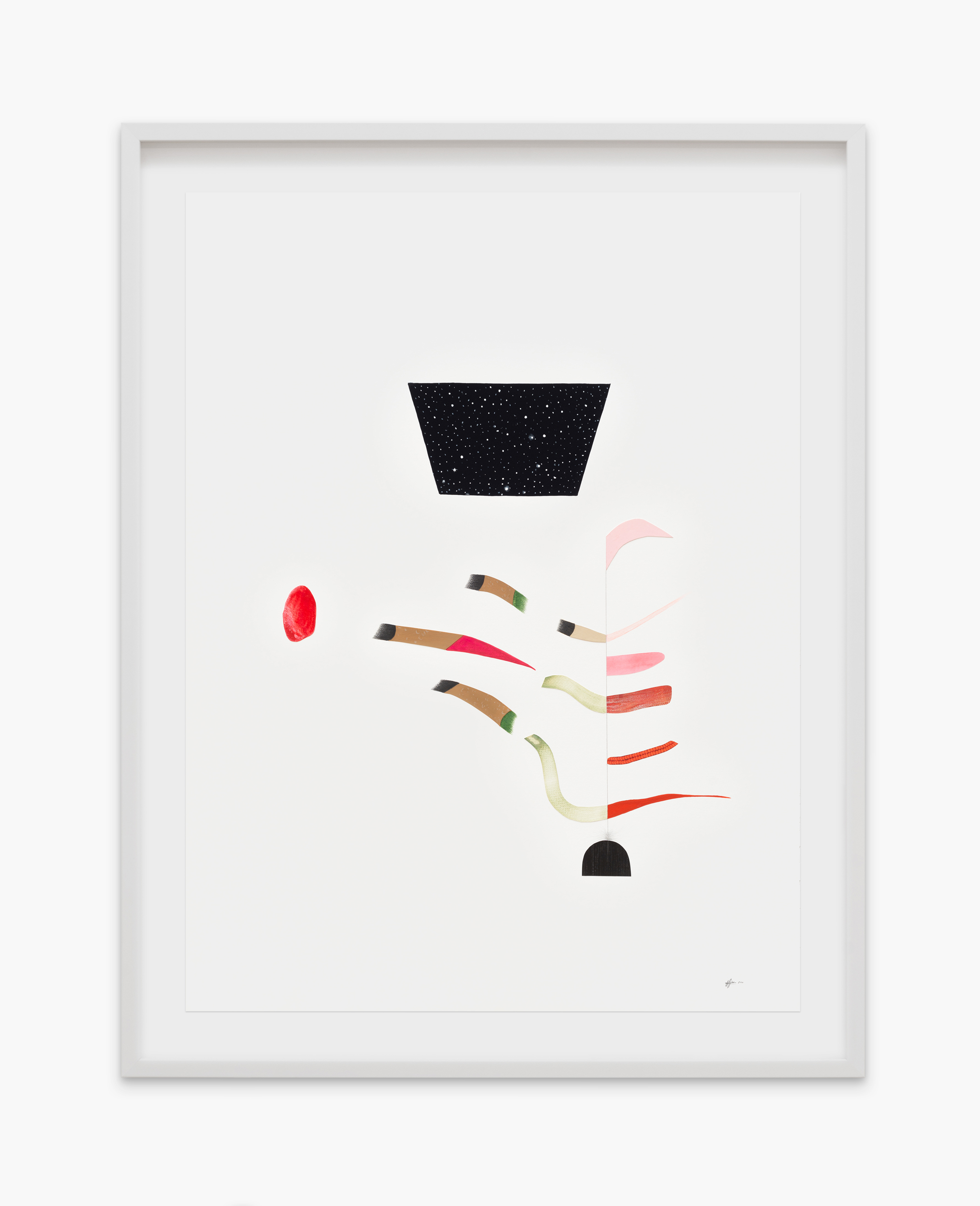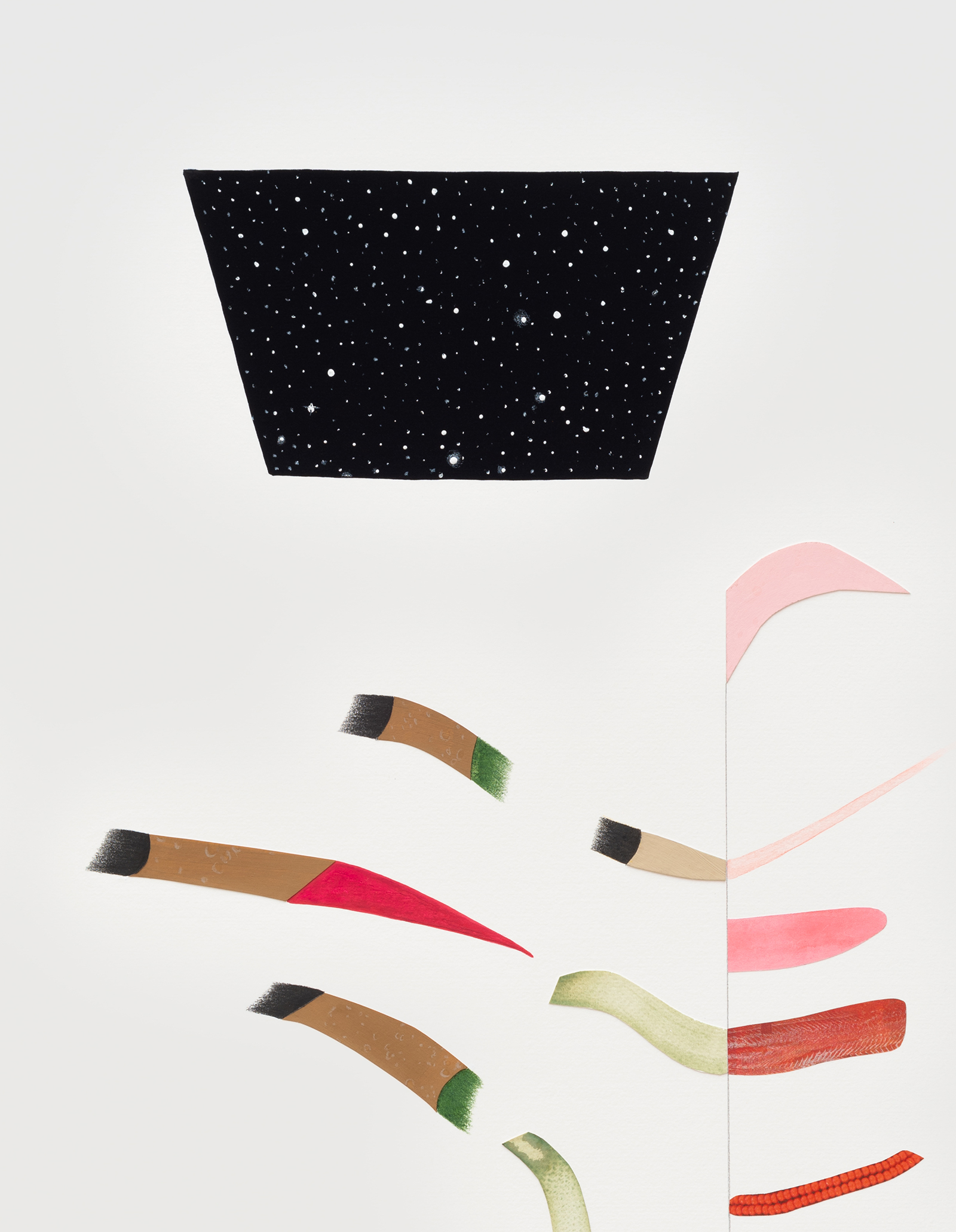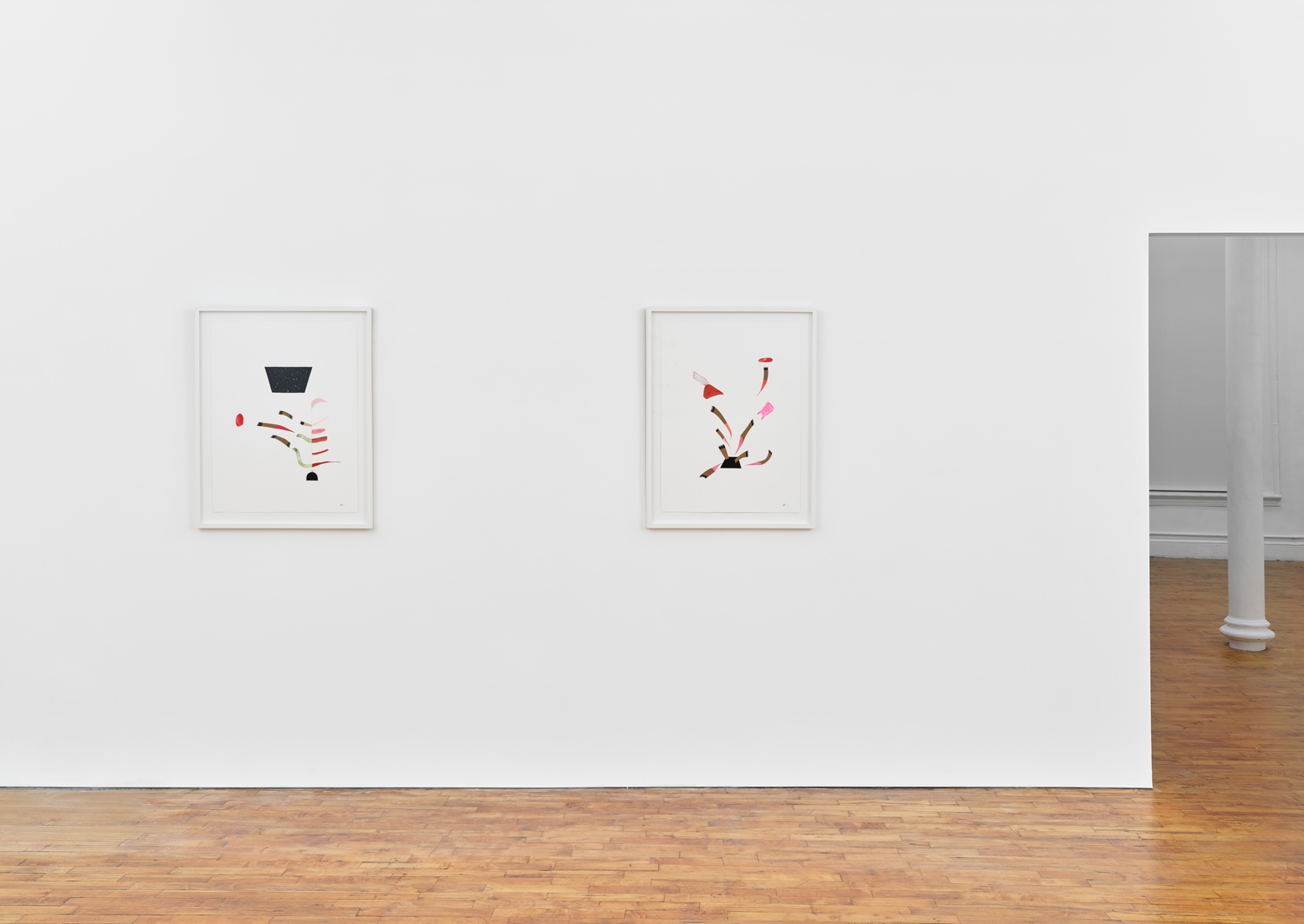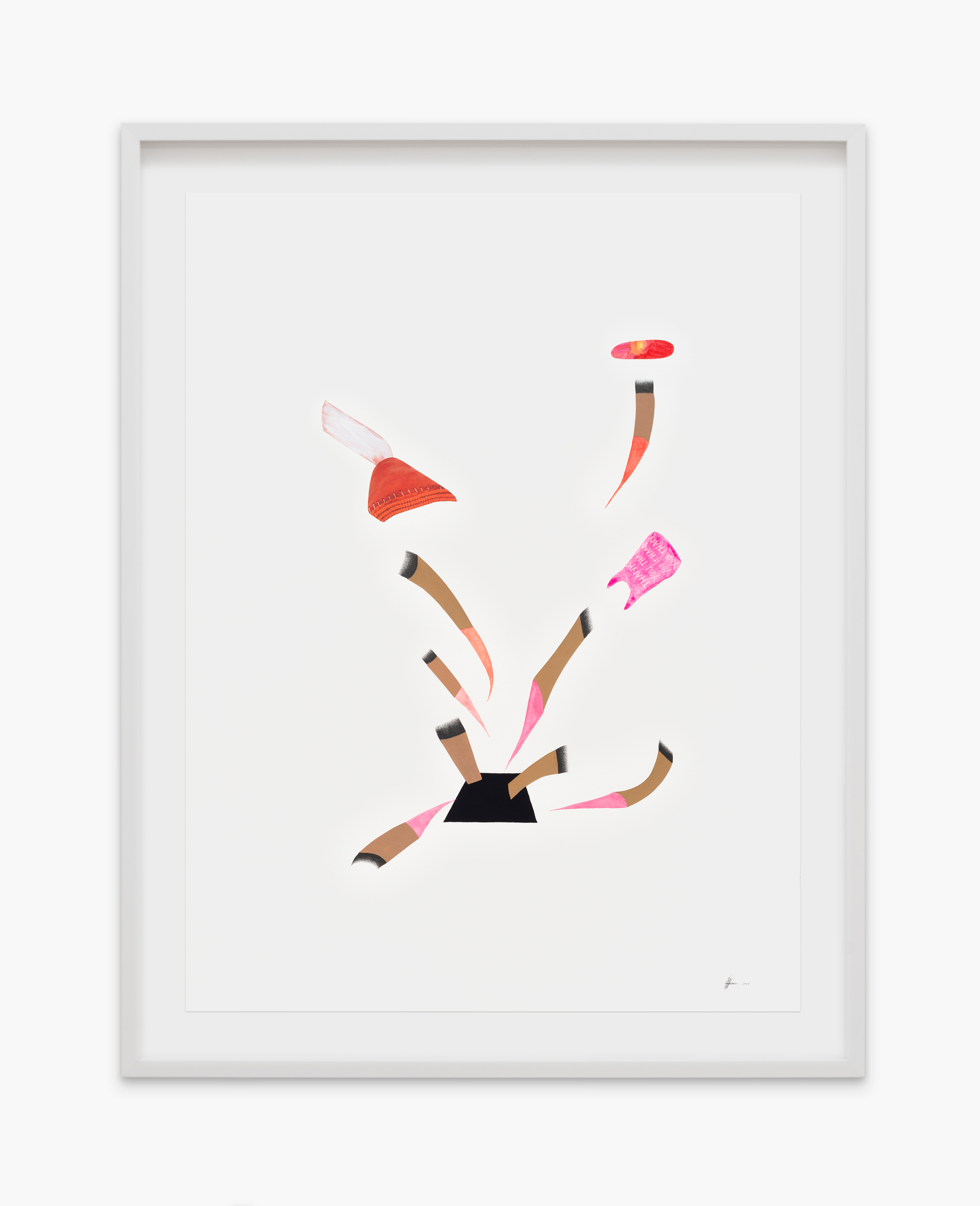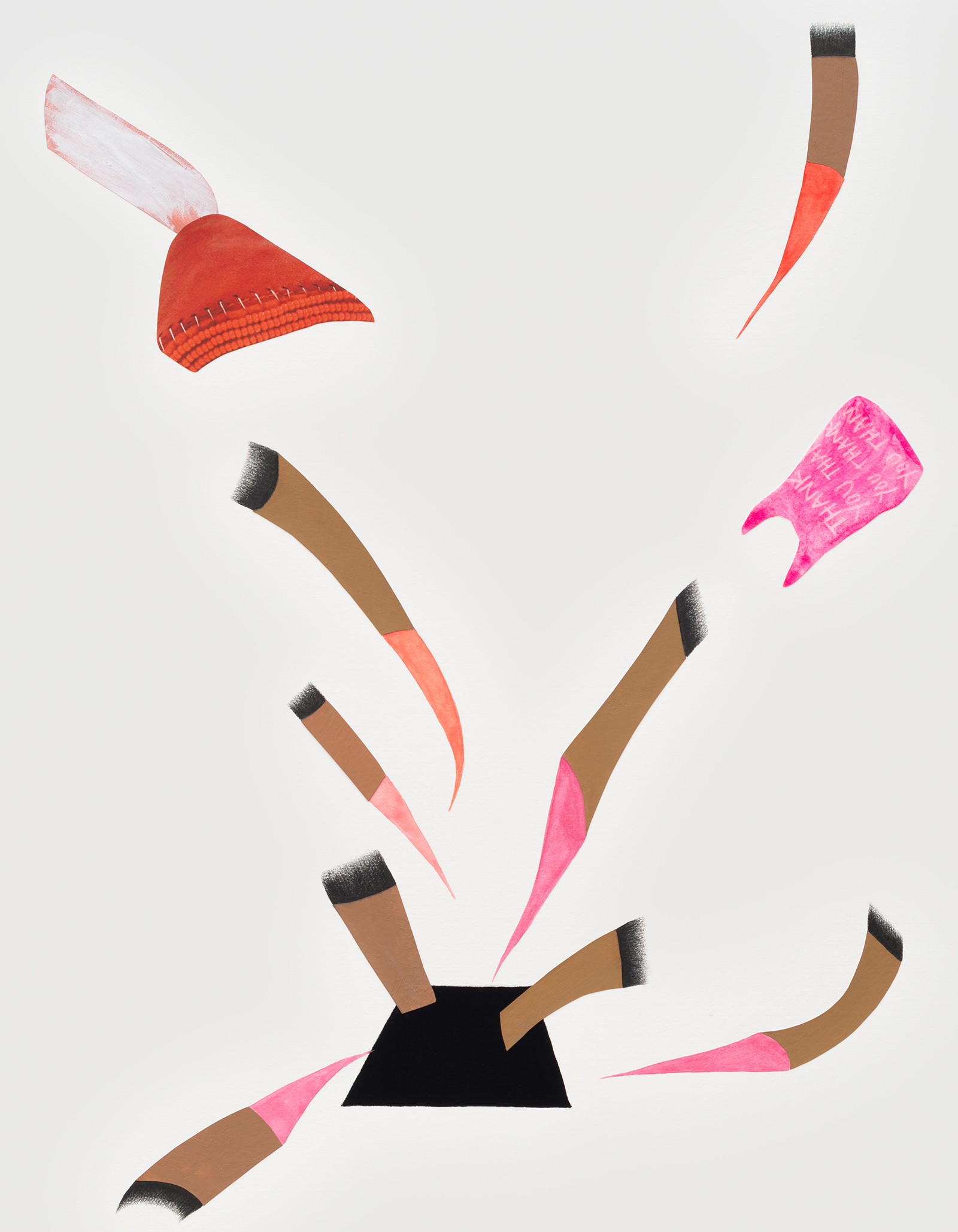Darkness can be a realm where little is seen—a space of uncertainty, introspection, and quiet transformation. Points of Illumination, like the stars and moon, a fire, or manmade light, reveal what would otherwise remain hidden. Darkness can frighten, but with light, it also invites contemplation and togetherness. At every moment, part of the world begins its transition into or emergence from darkness, a cycle as ancient as time itself. The rhythm between light and dark, known and unknown, seen and unseen is constant.
This presentation of work from Sonya Kelliher-Combs (Iñupiaq and Athabascan) and Natani Notah (Diné) allows viewers to explore realms shaped by the artists’ deeply intentional practices. Through their use of materials, abstracted forms, and deliberate color, these spaces emerge as layered and complex. This cross-generational duo radiates light within darkness, offering glimpses into their perspectives formed by personal experiences, collective histories, and the world around them. While their approaches are distinct, their work as contemporary female Native artists illuminates the layered complexities of human experience and cultural connection. In this exhibition, Kelliher-Combs explores the tension between secrecy and shared cultural trauma, and Notah uses abstraction to examine memory, identity, and transformation. Together, their works invite deep contemplation, resonating on both personal and collective levels.
An Iñupiaq and Athabascan artist, Sonya Kelliher-Combs works in sculpture and mixed-media painting. Raised in the Northwest community of Nome, Alaska, she grew up learning cultural skills like skin sewing and beading. These traditions inform her practice, where some meanings are explicit, and others remain obscured. Her ongoing work regarding secrets reveals the complexity of concealment itself.
Small Secrets sets the tone for the exhibition, addressing themes of vulnerability, contemplation, and layered meaning. The work embodies the intricate interplay between what is expressed and what remains hidden, stitching complexities together in a tangible form. Each pouch, a recurring form in Kelliher-Combs’ practice, serves as a material manifestation of secrets—intimate vessels that hide and reveal. While pouches in her broader body of work are often made from animal skins, the 96 hand-sewn pieces in this series are made from vibrant retro bedsheets, their lively patterns juxtaposed with stark white sections present in every form. Many pouches are further adorned with beads, threads, and colored human hair, revealing intricate details upon close inspection. This exchange of color, texture, and embellishment underscores the tension between individuality and uniformity, mirroring the complex relationship between personal experiences and shared cultural memory.
Rooted in traditional women’s skin-sewing practices, Kelliher-Combs deliberately employs color and texture to create tangible metaphors for private narratives. The overlapping materials invite viewers to reflect on the intertwined histories, practices, and emotions embedded in each pouch. Within the arranged installation, the collective uniqueness of the pouches emphasizes that while the act of keeping secrets is universal, each person’s experience with secrecy is deeply individual.
As a Diné (Navajo) mixed-media artist working through the lens of Indigenous Feminism, Natani Notah balances surrealism and minimalism in her practice. Notah’s works on paper explore dualities and multiplicities with a sense of immediacy. Her collages combine hand-drawn imagery with photographic fragments, engaging in a dynamic conversation with the carefully carved white space that surrounds and separates them. Through this balance, her collages become visual poetry, embodying the artist’s ‘stream of consciousness.’ Thoughtfully titled, her works hint at layered meanings, inviting viewers to uncover their subtle intentions. When they are arranged together, Notah understands the collages as world-building.
Central to all four of her collage works in this exhibition is a black trapezium, reminiscent of a portal. This reference may draw on the Diné creation story, science fiction, or both. The trapezium appears to either release or absorb imagery, functioning as an entry or exit point. These shapes anchor her collages, framing the dialogue between abstraction and specificity. In A Very Native Starry Night, Notah continues her exploration of memory and abstraction. Though the piece is rooted in a happy moment, it resists singular interpretation, inviting viewers to navigate the tension between the deeply personal and the universally unknowable. This deliberate ambiguity grants her collages autonomy, allowing them to exist in a space shaped by both the known and the unknown.
The limb-like shapes from A Very Native Starry Night reappear in other works, such as Just the Tip. In this piece, a scalloped fragment of a Diné textile is juxtaposed with half of a banana, layering specific cultural and universal references. Some of the limb-like forms are covered in fur, which Notah refers to as “furry limbs,” evoking an intimate connection between the viewer and the material. These furry limbs forms feature prominently in Funny Forms of PDA and Cat’s Out of the Bag), where vibrant pink and red tips accentuate the limb-like shapes. In Cat’s Out of the Bag, a pink bag floats mid-air, suspended among the limbs, creating a dynamic sense of movement. This interplay of fragmented and whole imagery invites viewers to question the boundaries between what is disembodied and what is complete.
By blending familiar and abstract imagery, Notah encourages both collective and individual engagement with themes of memory and meaning. Across these works, she transforms her collages into spaces of contemplation, juxtaposing fragments of the everyday with surreal, abstract forms. This process transcends fixed interpretations.
Despite the similarity in size and form—whether the iterations of Kelliher-Combs’ pouches or the reappearing black trapezium and limb-like shapes in Notah’s collages—both artists reject flatness, instead embracing complexity and using it as a Points of Illumination. For Kelliher-Combs, this involves transforming an array of materials into handmade pouches that provoke confrontation and healing, reflecting the tense relationship between secrecy and cultural trauma. Notah, through abstraction, opens portals of multiplicity, inviting viewers to experience her work as an ongoing process of discovery. They both illuminate the complexities of identity, memory, and history, creating layered visual worlds that permit constant exploration.
